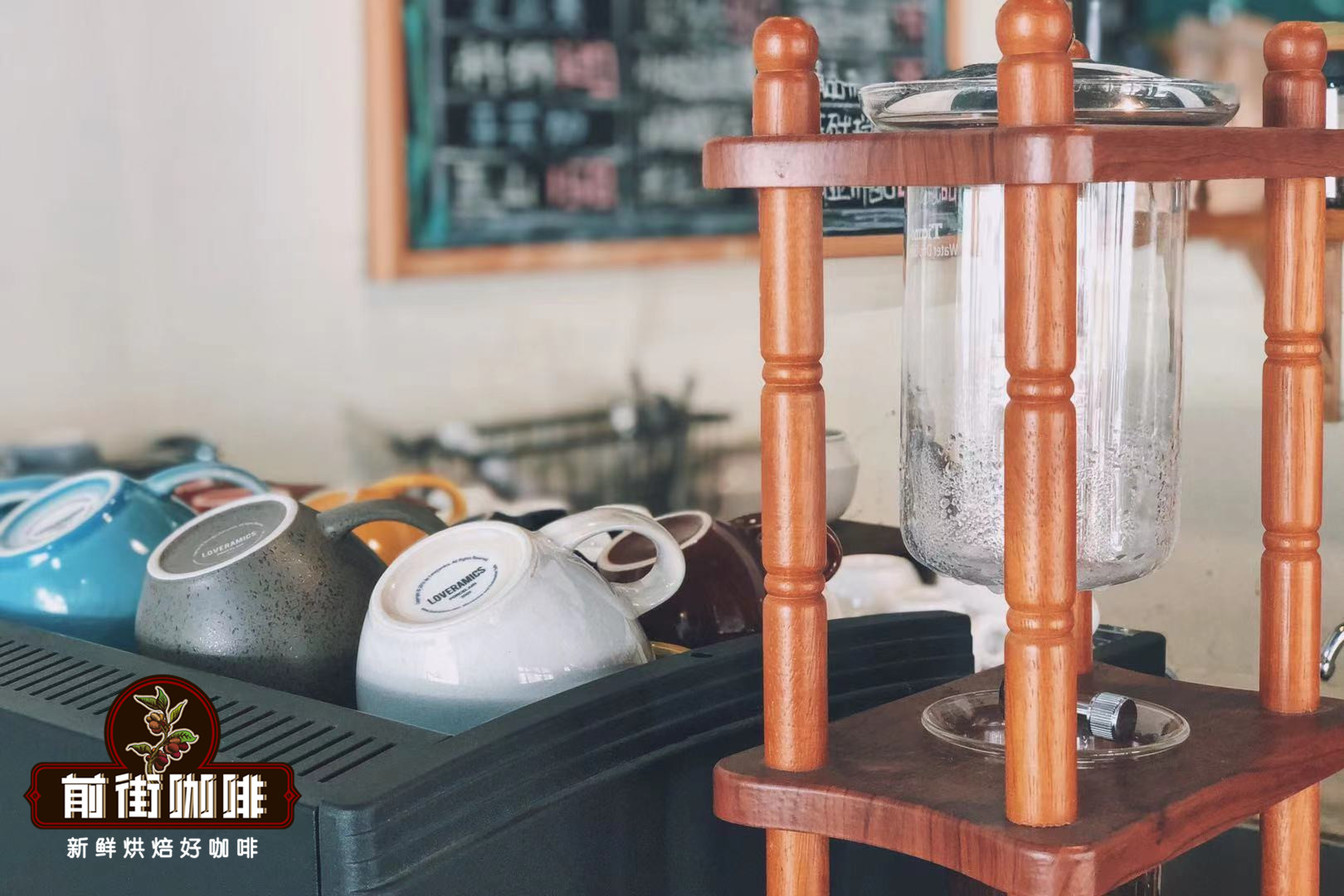The origin of the name of Ethiopian coffee
In Ethiopia, after ingira, it would be unauthentic not to have a cup of strong local coffee. After drinking Ethiopian coffee, it would be strange if you praised its benefits without meeting anyone. It doesn't matter if you don't know Ethiopia is the home of coffee, but if you don't think Ethiopian coffee is the best coffee in the world, then you're too ignorant.
The origin of coffee name 3 months ago, the reporter returned home on vacation, by the way brought a few packets of coffee to send friends. A Danish counselor to China called the next day and said eagerly,"Where did you get this coffee? Can you get me some more? The more, the better! Right away! I've been to many countries and drunk countless kinds of coffee, but this is the best coffee I've ever had in my life! With this coffee, I'm going to throw all the rest of the coffee in the house into the trash."
Ethiopia has a place called Kafa. Local residents have found that cattle and sheep eat a plant that grows small red beans and become excited, strong and a little crazy. Someone picked the red bean and tried to chew a little. It tasted good. Then he chewed it and slowly became energetic and excited. Later, people began to pick it and consciously grow it, as food, drink and medicine, more and more inseparable from it. Since it came from a place called Kafa, the world slowly named it Coffee.
Every family has a coffee ceremony.
Few countries are as inextricably linked to coffee as Ethiopia. In Ethiopia, coffee is grown next to almost every house, both for home consumption and for export. Ninety-five percent of the country's coffee production comes from these garden plantations. Today, 65% of Ethiopia's export revenue comes from coffee. Not a day goes by in Ethiopia without coffee. Coffee is consumed at regular times, at regular places, and at regular ceremonies, as if it were a meal or a religious service.
Their coffee ceremony is well known. In the evening, the whole family sat on the floor around a small charcoal stove. Cover the ground around the charcoal stove with a layer of specially cut or bought grass. It's a special herb used for coffee rituals. When the small charcoal stove is lit, it is necessary to deliberately pick out a few pieces of white charcoal emitting thick smoke, shake it in every corner of the room, and then put it on the stove to burn out or extinguish itself. Thus, for a period of time, the entire house or courtyard is enveloped in smoke

Important Notice :
前街咖啡 FrontStreet Coffee has moved to new addredd:
FrontStreet Coffee Address: 315,Donghua East Road,GuangZhou
Tel:020 38364473
- Prev

Which of the coffee beans roasted in light and medium depth has the best weight loss effect and different roasting coffee flavor?
Caffeine is the only substance that remains unchanged throughout the baking process, but huge, complex and not yet fully understood chemical changes in coffee beans cause about 25% of their weight loss. During the baking process, the color of coffee beans changes from green to yellow, then to brown, and finally to brown.
- Next

Famous varieties of coffee beans: introduction to the flavor and taste of Jamaica Blue Mountain Coffee
Blue Mountain Coffee. The world-famous Jamaica Coffee Bureau (CIB) only gives four legal coffee farms, wallenford, jablum, SilverHill and MoyHall, to process blue mountain coffee beans, which are marked on the outer packaging of all Jamaican blue mountain coffee.
Related
- Does Rose Summer choose Blue, Green or Red? Detailed explanation of Rose Summer Coffee plots and Classification in Panamanian Jade Manor
- What is the difference between the origin, producing area, processing plant, cooperative and manor of coffee beans?
- How fine does the espresso powder fit? how to grind the espresso?
- Sca coffee roasting degree color card coffee roasting degree 8 roasting color values what do you mean?
- The practice of lattes: how to make lattes at home
- Introduction to Indonesian Fine Coffee beans-- Java Coffee producing area of Indonesian Arabica Coffee
- How much will the flavor of light and medium roasted rose summer be expressed? What baking level is rose summer suitable for?
- Introduction to the characteristics of washing, sun-drying or wet-planing coffee commonly used in Mantenin, Indonesia
- Price characteristics of Arabica Coffee Bean Starbucks introduction to Manning Coffee Bean Taste producing area Variety Manor
- What is the authentic Yega flavor? What are the flavor characteristics of the really excellent Yejasuffi coffee beans?

